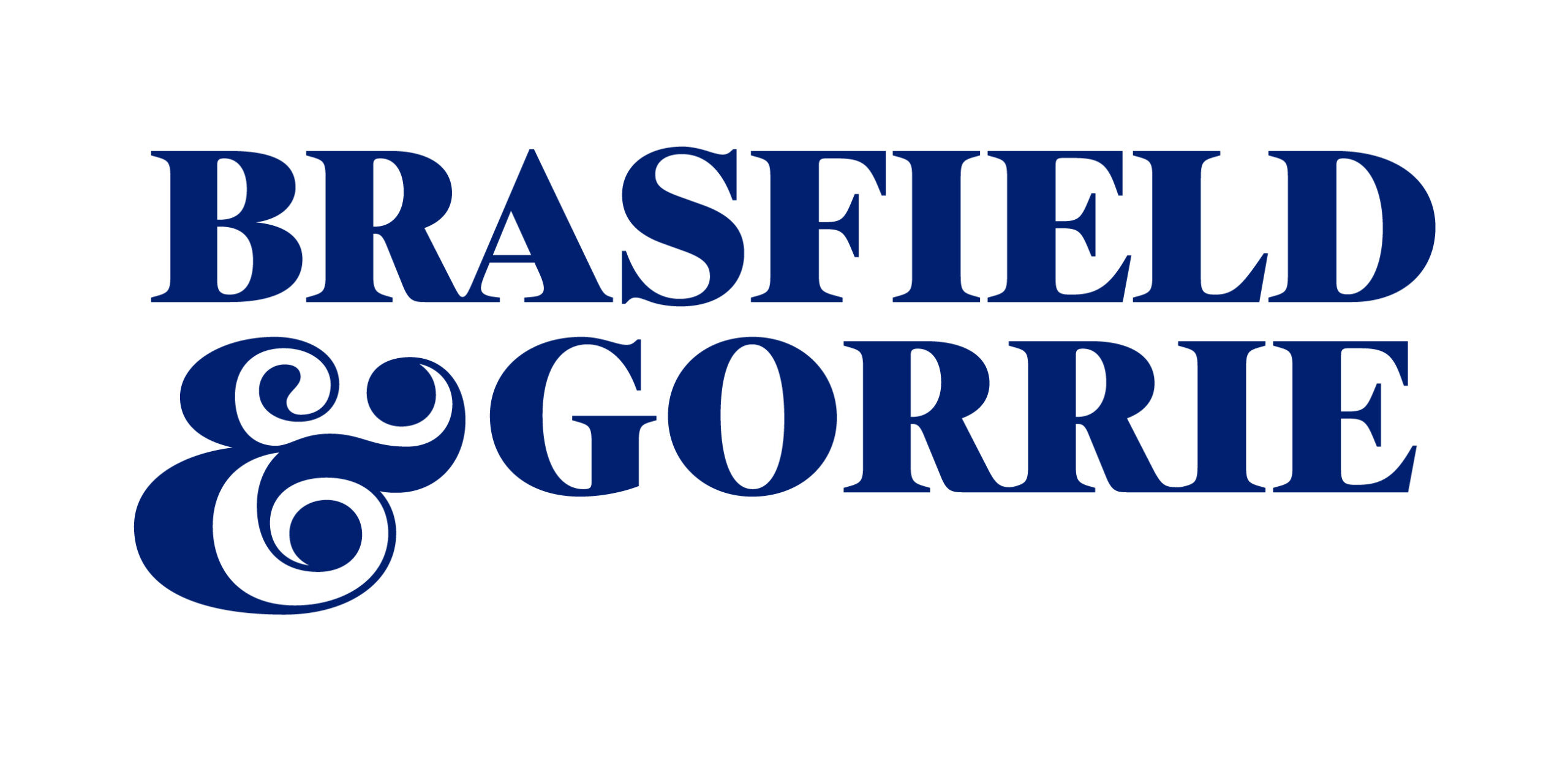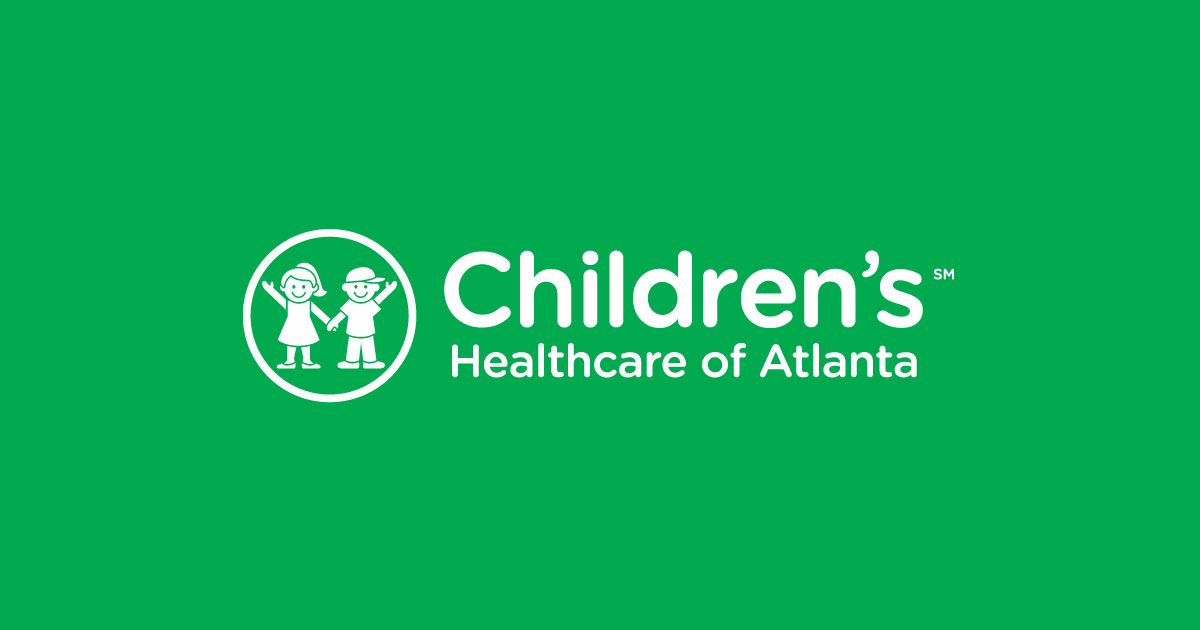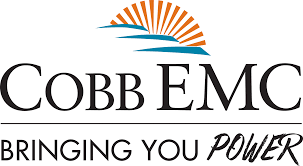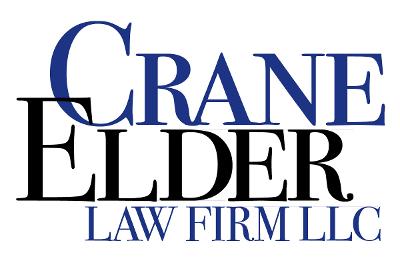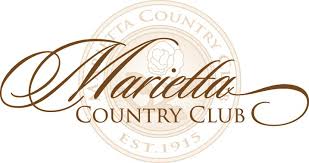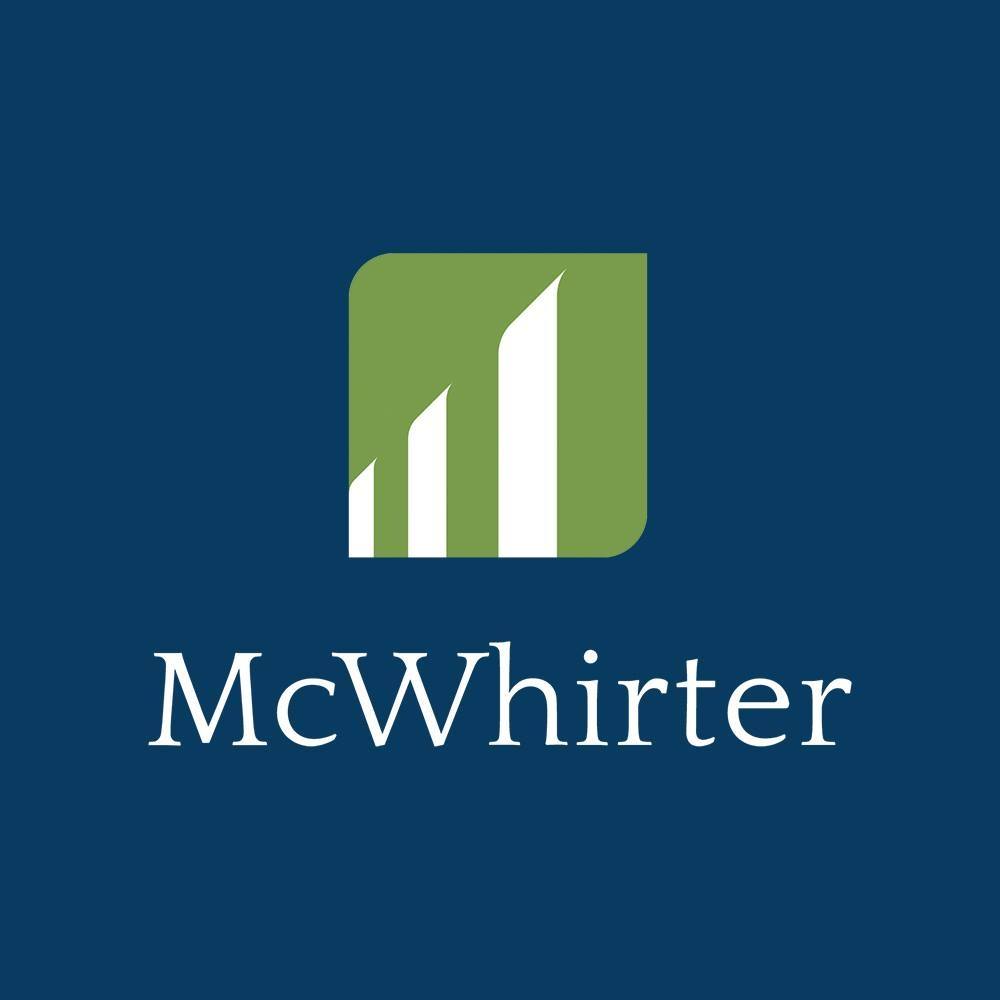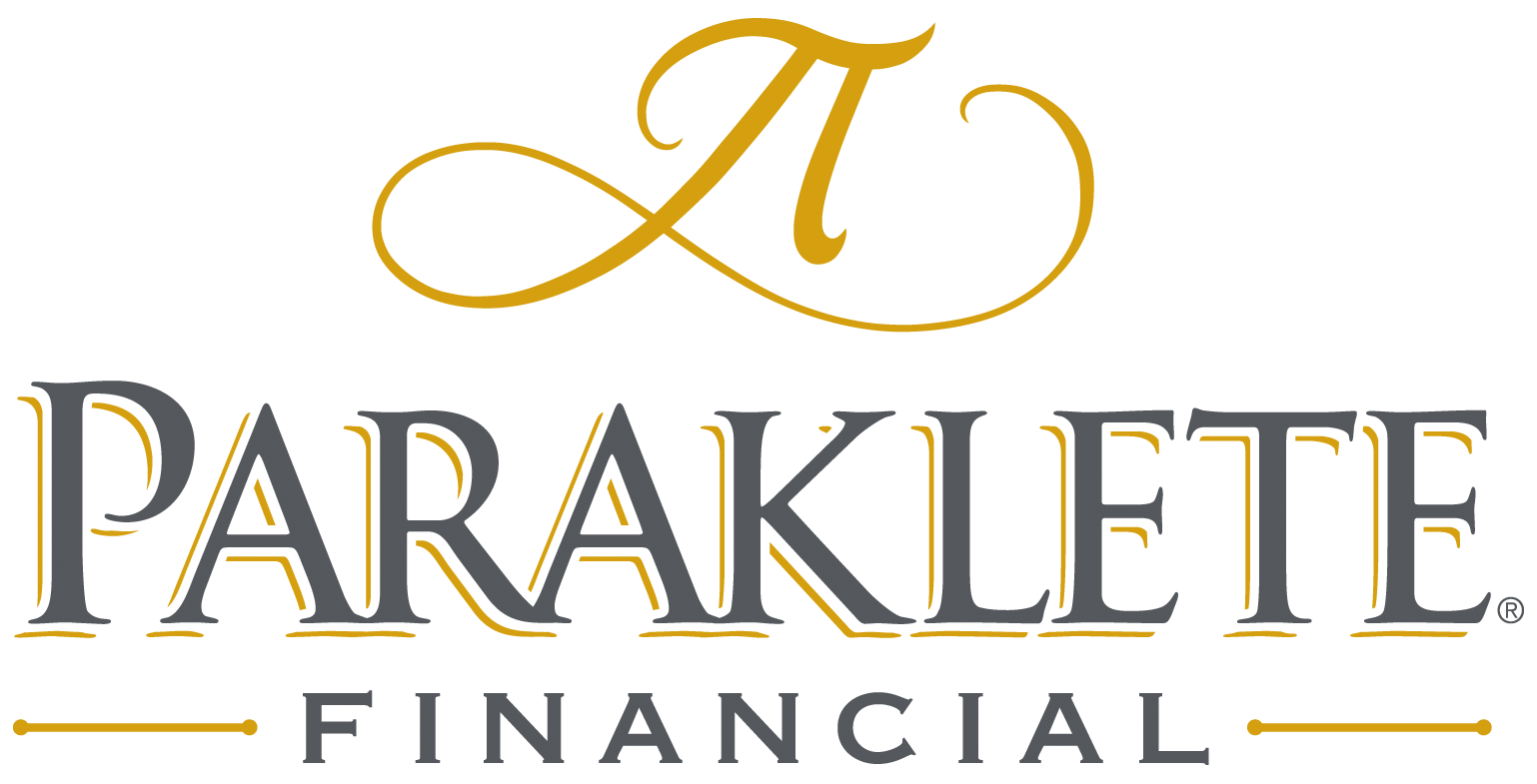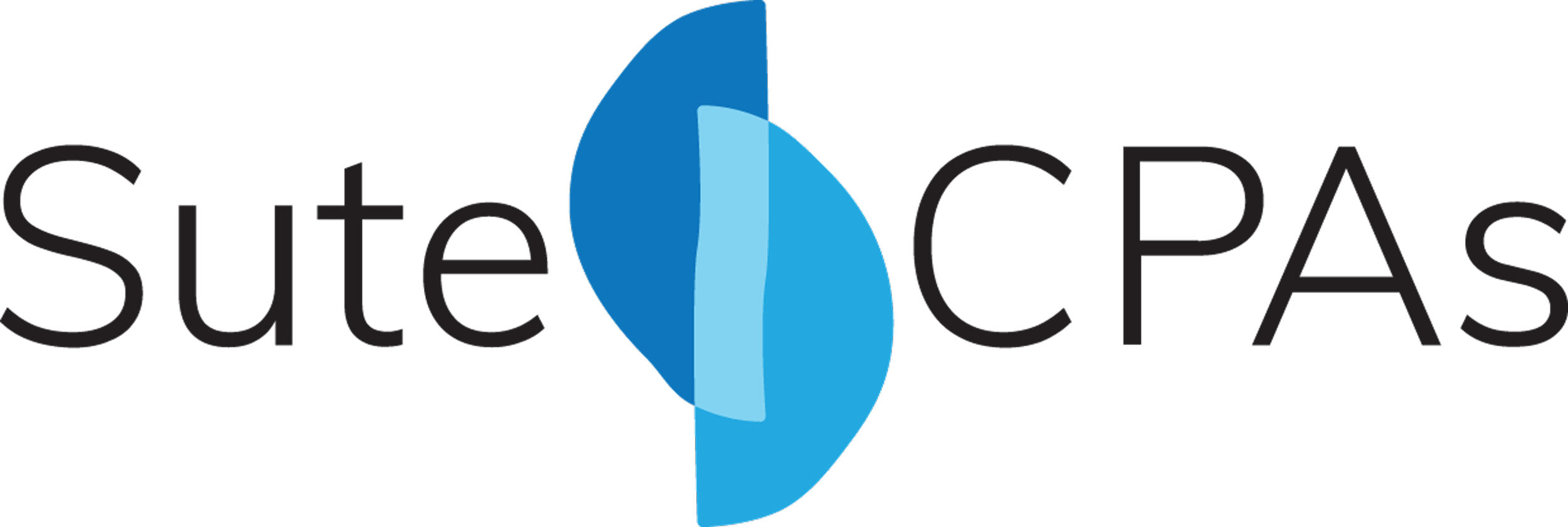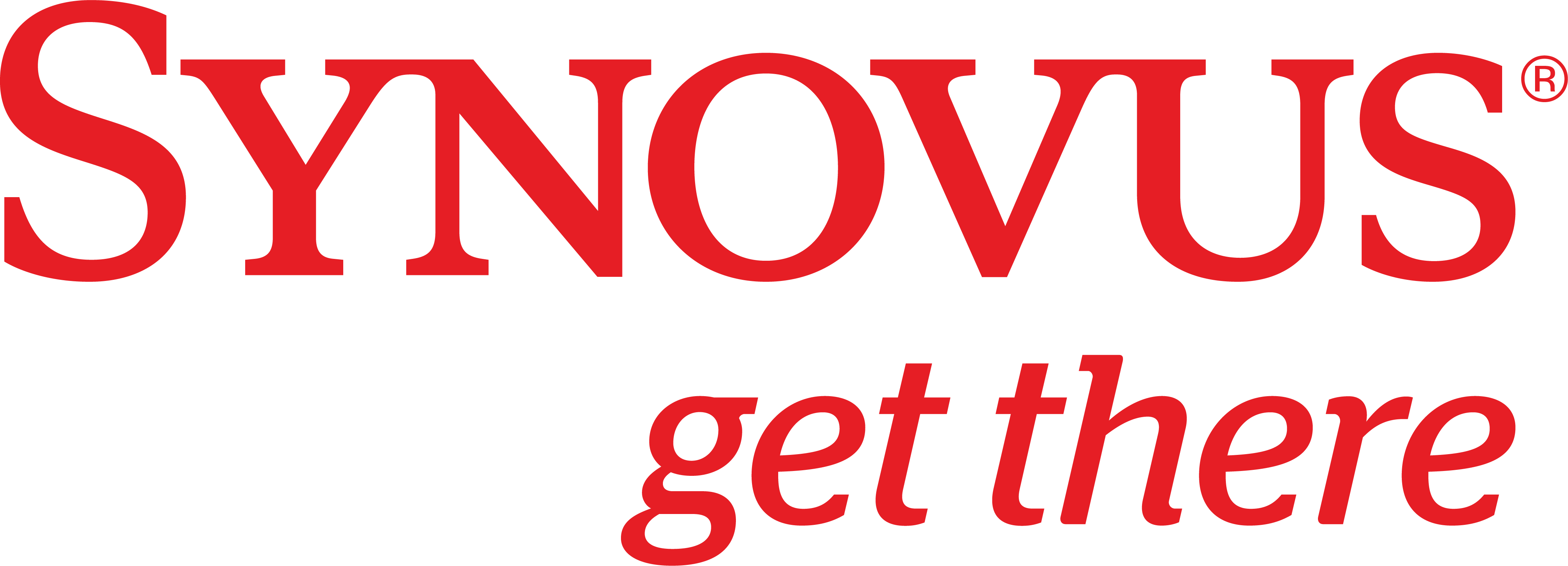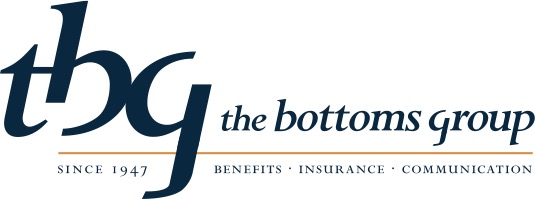
It’s the season for email newsletters hitting your inbox with tips for tax planning. We get it! With so much information flying around for your clients, too, we highly recommend that you cut through the noise and mention four key tax strategies to your clients at least twice, and ideally three times, before late December:
1. Don’t let clients miss out on the few provisions of the 2020 Coronavirus Aid, Relief, and Economic Security (CARES) Act that carried over to 2021, including the ability to deduct up to 100% of adjusted gross income (AGI) for cash gifts made directly to qualifying charities and the “universal” charitable deduction of $300 per taxpayer ($600 for a married couple).
2. Unlike in 2020, when pandemic relief laws offered a tax break, this year your clients have to take required minimum distributions from their qualified retirement accounts. Especially for clients who take the standard deduction, you ought to consider a qualified charitable distribution, which allows eligible individuals to donate up to $100,000 directly from individual retirement accounts to a qualified charity. Cobb Community Foundation is happy to help your client identify a qualified charity or structure a qualifying fund (not a donor advised fund) to receive a distribution.
3. “Bundling” or “bunching” multiple gifts into tax year 2021 can help your clients who have had exceptionally high incomes this year. Donor advised funds at Cobb Community Foundation are particularly useful in these situations. We’d love to discuss this option!
We know you strive to identify the optimal tax strategies for each client’s charitable giving. As always, please contact us to find out how we can make year-end tax savings as frictionless as possible for you and your charitable clients.
The team at Cobb Community Foundation is a resource and sounding board as you serve your philanthropic clients. We understand the charitable side of the equation and are happy to serve as a secondary source as you manage the primary relationship with your clients. This newsletter is provided for informational purposes only. It is not intended as legal, accounting, or financial planning advice.






